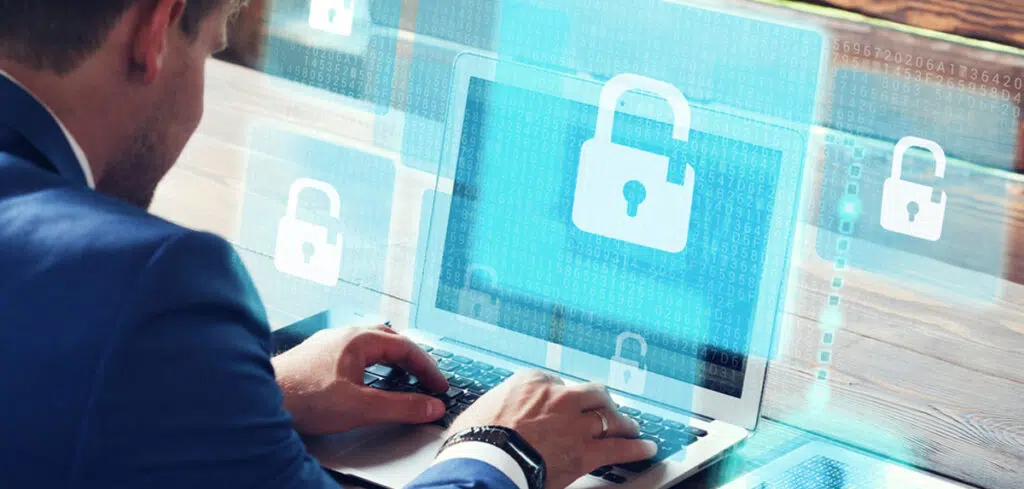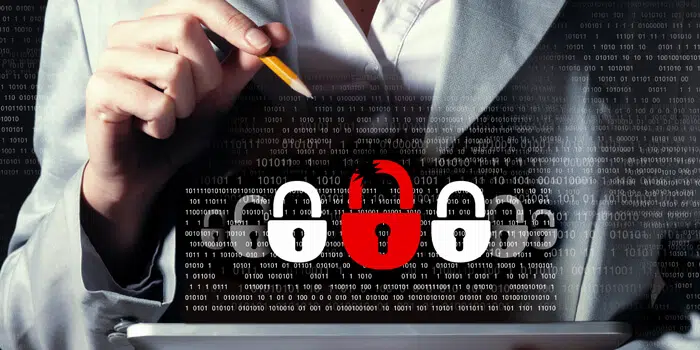Planning Your 2026 CMMC Compliance Roadmap
If you’re a defense contractor trying to make sense of the CMMC landscape, you’re not alone. The noise around CMMC 2.0 has been building for years, but now—post–November 10—it’s real. The Department of Defense (DOD) has officially started rolling out […]
Planning Your 2026 CMMC Compliance Roadmap Read More »








